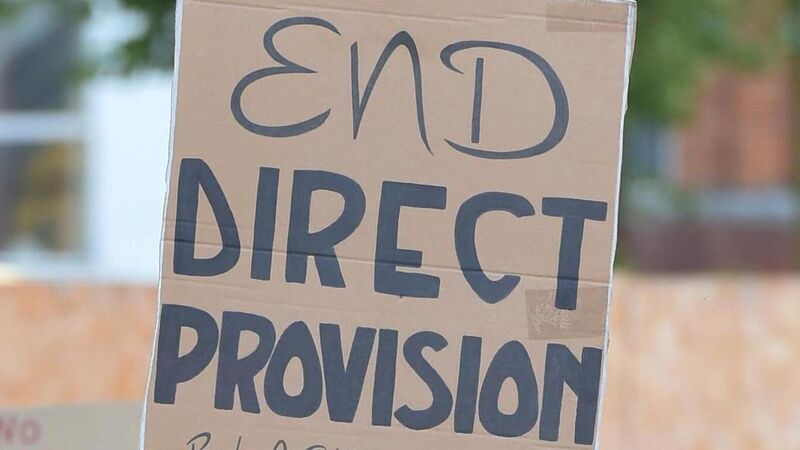Almost 90% of families in direct provision say daily allowance not enough to meet basic needs

The Irish Refugee Council’s chief executive Nick Henderson is appealing for an increase to the daily expenses allowance in light of the findings of the survey. File picture: Larry Cummins
A new survey of experiences of families living in direct provision has found almost 90% feel the daily allowance they receive is not enough to cover basic needs such as food and healthcare.
The survey, published by the Irish Refugee Council, comes as Empowering People in Care (Epic) has been granted funding for research on experiences of State care among unaccompanied minors.













